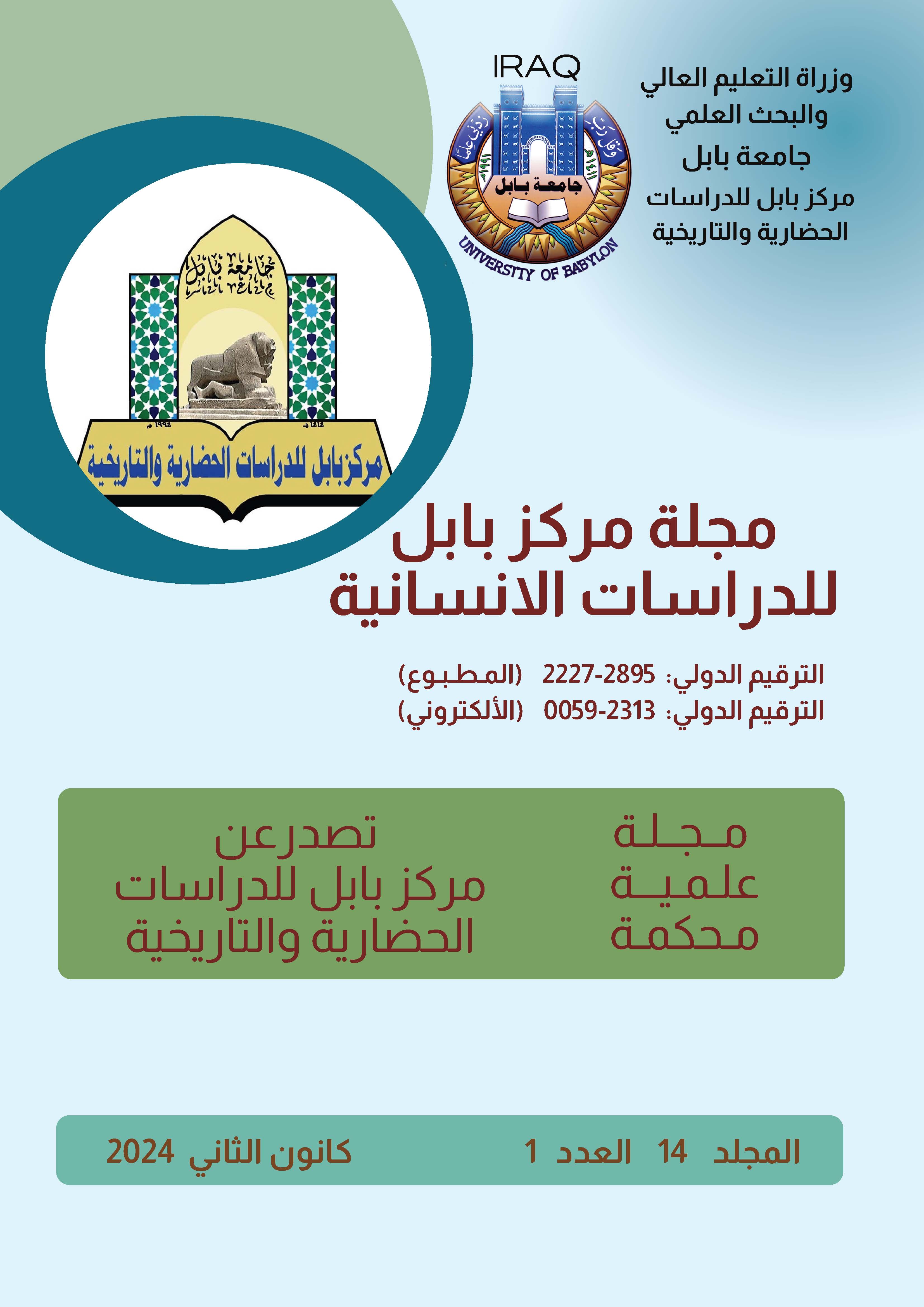The State And The Commendation Phenomenon In The Early Islamic Ages
Keywords:
The State, Commendation Phenomenon , Islamic AgesAbstract
The Gatherings of the peasants suffered from so hard living conditions in the wide territories that were occupied by the Muslim rulers. The Islamic governance, as a feudal power, used so cruel means in imposing various taxes over the subjects that they resorted to give up their lands to the major lnand lords. This way was called as “Commendation” in the medieval terminology which was widely spread at that time. Consequently, the operations of the redistribution of the cultivated lands resulted in commotions and chaos in most of the feudal areas which were dominated by the Muslim governors. In addition, the national income exclusively went to the oligarchic elite instead of the public who were barely earning daily living. Thus, peasantry loose minor properties, commendation enlarged and landowners get more and more possessions in a way that could be called the tragedy of the working class. This maladministration led to an economic collapse and social imbalance in favor of an oligarchy that gained priority in all the aspects of the life After these Arab societies that lived in the deserts of the Arabian Peninsula initially witnessed a major transformation in their class identity and the pattern of their economy, when Islam appeared and spread throughout them, as the Prophet (peace and blessings of God be upon him) tried, seeking to fuse the components of those societies into one nation under the name “society of brotherhood.” “So the rule of piety and sacrifice became the standard that separated the people of that society, but soon this nation became influenced by the historical background - the heritage of ancient society - and the inevitability of feudalism and its destructive influence became features of its economic life, and an expression of its social class system in the various eras that it passed through.” Country .







